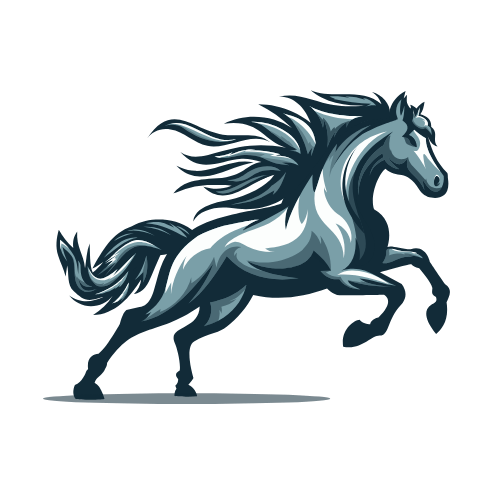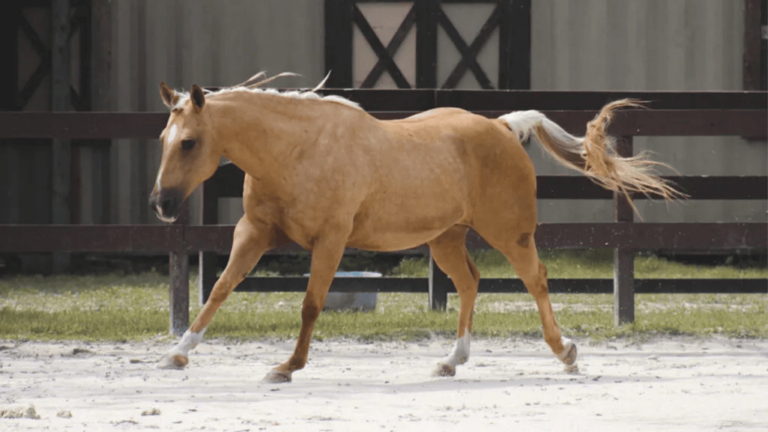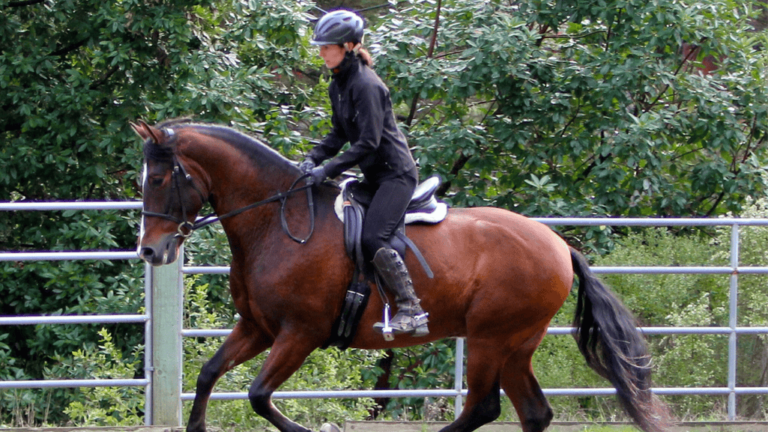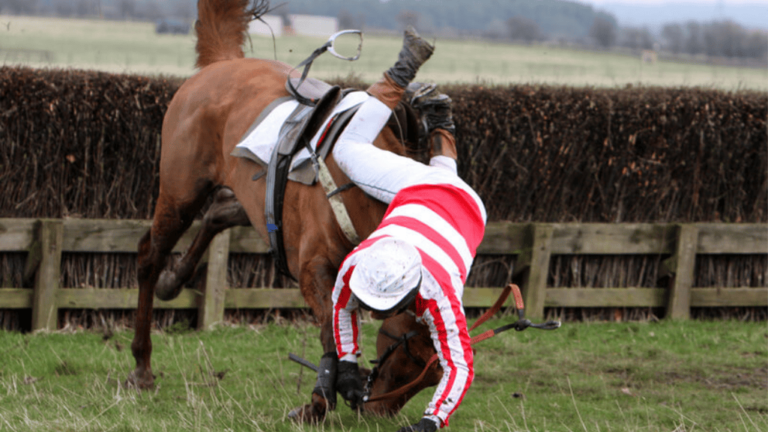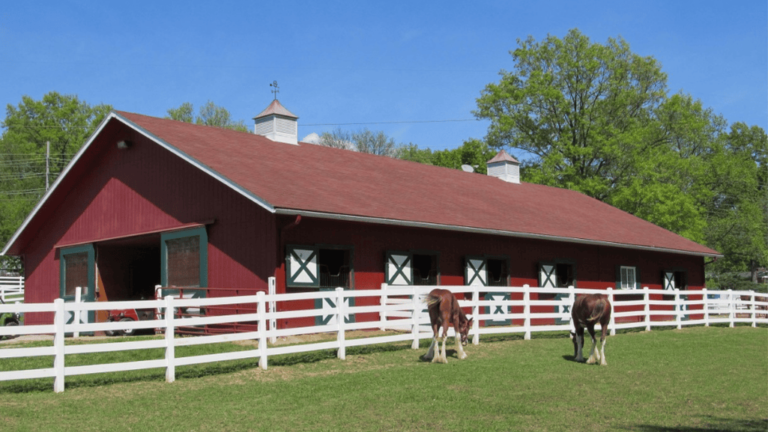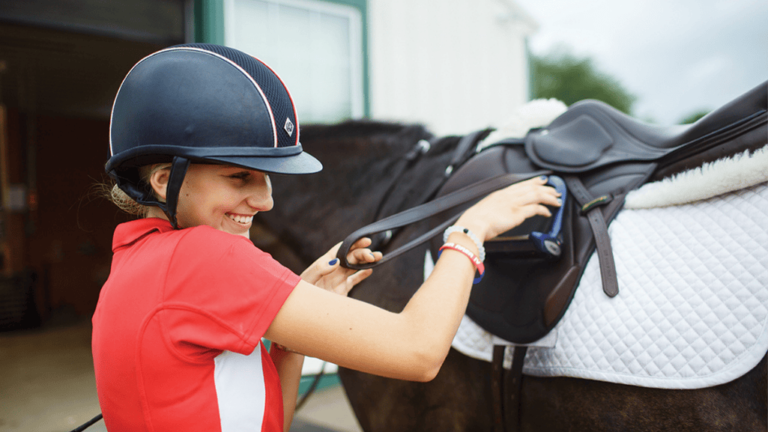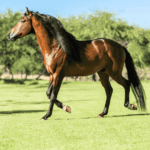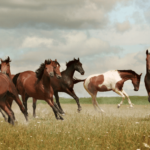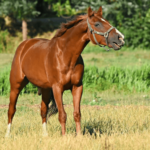Colic is a scary term for horse lovers. It means severe belly pain in horses. This problem can come on fast or slowly, and it’s very painful. Knowing the signs early is key to helping your horse.
Colic is a big problem for horses, with over 920,000 cases each year. It’s a major cause of death, affecting nearly 30% of horses. Knowing the types of colic, like impaction and gas colic, helps in managing and preventing it.
Spotting colic symptoms quickly is important. Horse owners need to watch for signs and call a vet fast. In bad cases, surgery might be needed, costing $5,000 to $10,000.
To stop colic, keep your horse healthy and fed right. Regular vet visits are also key. Being ready and informed can save your horse’s life.
Key Takeaways
- Colic is a common and potentially life-threatening condition in horses, characterized by severe abdominal pain.
- Recognizing colic symptoms early, such as restlessness, pawing, and decreased appetite, is critical for timely treatment.
- Colic can be caused by many things, like diet changes, dehydration, parasites, and stress.
- Treatment for colic includes medicine and, for serious cases, surgery.
- Preventing colic means a steady diet, fresh water, and regular vet visits.
Understanding Colic in Horses
Colic in horses is a term for many conditions that cause belly pain. It’s a big reason horses die, so knowing about it is very important. Spotting the signs early and getting vet help fast can help your horse get better.
What is Colic?
Colic means any pain in a horse’s belly. It can come from the intestines or other organs like the liver or stomach. Most colic is from blocked intestines or organs not in the right place. Regular dental check-ups and teeth floating help prevent some colic by ensuring good chewing and digestion.
- Pawing repeatedly with a front foot
- Looking back at the flank region
- Curling the upper lip and arching the neck
- Repeatedly raising a rear leg or kicking at the abdomen
- Lying down and rolling from side to side
- Sweating and stretching out as if to urinate
- Straining to defecate and loss of appetite
- Distention of the abdomen and decreased bowel movements
Types of Colic
There are many types of colic that can hit horses. Each has its own equine colic causes and signs:
- Gas Colic: This is a common type, and most horses can get better with medical help.
- Impaction Colic: Impaction colic horses have feed stuck in their intestines, often from dehydration or eating sand or grit.
- Spasmodic Colic: This is from too much excitement in the intestines. Spasmodic colic horses might get better with special medicines.
- Enteritis/Infection: This is inflammation or infection in the intestines. It might need antibiotics and other care.
- Strangulation: This is a serious issue like twists or displacements in the intestines. It can cut off blood and needs surgery right away.
“Keeping your horse’s gut health in check with regular dental care, staying hydrated, and controlling parasites is key to avoiding many colics.” – Dr. Emily Smith, Equine Veterinarian
Knowing about the different types and causes of colic helps horse owners keep their horses’ digestive health in top shape. This can lower the risk of this serious condition.
Prevalence and Impact of Colic
Colic is a common and serious issue in horses of all ages and breeds. It’s vital for horse owners and vets to know about colic to prevent, diagnose, and treat it effectively.
Statistics on Colic Occurrence
Recent studies have highlighted the high rate of colic in horses. In the U.S., about 4.2 colic events happen per 100 horses each year. Also, 16.3% of horse operations face at least one colic event.
Thoroughbreds are more prone to colic, with 10.9 events per 100 horses annually. This is higher than stock horse breeds (3.5 events) and other breeds (2.9 events).
The NAHMS Equine ’98 study found colic rates between 3.5 to 26 events per 100 horses. Their estimate was 4.2 events. There were no big differences in colic rates across different areas.
Colic as a Leading Cause of Equine Death
Colic is not just common; it’s also a major reason for horse deaths. The death rate for all colic cases is 11.0%. About 1.4% of cases need surgery, leading to many premature horse deaths.
“Colic remains the number one killer of horses.” – American Association of Equine Practitioners
The cost of colic is also high, with $115 million spent in 1998. This cost has likely gone up, showing how critical it is to prevent and catch colic early to avoid severe cases.
Causes and Risk Factors of Colic in Horses
Colic in horses is a complex issue with many causes and risk factors. Knowing these can help horse owners and caregivers prevent this serious condition. Most colic cases are due to intestinal problems.
Diet plays a big role in colic. Changes in diet or poor-quality food can upset a horse’s digestive system. Dehydration is also a big factor, as it can cause blockages in the digestive tract. It’s important to keep horses hydrated to prevent colic.
Parasitic Infections and Stress
Parasites like worms can irritate the intestines and increase colic risk. Regular deworming, as advised by a vet, helps. Stress and anxiety can also cause colic in horses, as they easily get upset by changes.
“The most common factors associated with colic onset in referred horses are recent changes in diet, environment, or exercise. Yet, some horses referred for colic have not experienced these changes.”
Other Risk Factors
Other factors that increase colic risk include:
- Intestinal displacement, obstruction, or torsion
- Gastrointestinal distension
- Confinement and restricted mobility
- History of previous colic episodes or surgery
Dental care is important for overall horse health, even if it’s not directly linked to colic. Good dental care helps horses chew food properly, reducing digestive problems that can lead to colic.
Understanding colic causes and risk factors helps horse owners prevent it. Working with a vet to create a good diet and health plan is key. Making gradual changes and seeking vet help at the first sign of colic are also important steps to protect our horses.
Recognizing Colic Symptoms
As a horse owner, knowing the signs of colic in horses is key. This ensures quick treatment and better recovery chances. Spotting colic early can greatly improve the outcome.
Changes in Eating and Drinking Behavior
One early sign of colic in horses is changes in eating and drinking. Horses with colic often lose interest in food and water. They might also show discomfort while eating, like lifting their head or stopping mid-chew.
Restlessness and Abnormal Posture
Restlessness is another common sign of colic. Horses may pace, paw at the ground, or lie down and get up a lot. They might also take on abnormal postures, like stretching out or sitting like a dog.
Abdominal Discomfort Signs
Horses with abdominal discomfort may show various signs. These include looking at or biting their flank, kicking at their belly, swishing their tail, groaning, or grunting. They might also look bloated.
Vital Signs: Temperature, Pulse, and Respiration
Checking your horse’s vital signs is important. A normal adult horse’s temperature is between 99°F and 101°F (37.2°C to 38.3°C). Their pulse rate should be 28 to 44 beats per minute, and respiration rate 10 to 24 breaths per minute. Any big change from these numbers could mean colic or another health issue.
Owners who know their horse well can spot early or small changes. This includes not finishing food, being less active, or spending more time lying down.
If you think your horse has colic, call your vet right away. They can diagnose and treat it properly.
Emergency Care for Horses with Colic
Colic is a serious issue for horses that can be life-threatening. It’s the main cause of death in adult horses. Knowing the signs of colic and acting fast is key. If you think your horse has colic, call your vet right away.
Contacting Your Veterinarian
When you call your vet, tell them about your horse’s symptoms and how they’re acting. This helps your vet understand how serious it is and what to do until they get there. Having a good relationship with your vet is important in emergencies like colic.
Monitoring and Stabilizing the Horse
Keep an eye on your horse’s vital signs and behavior while waiting for your vet. A normal horse’s body temperature is between 97 to 101°F. Their heart rate should be 32 to 40 beats per minute. Watch how much water they drink and listen to their gut sounds.
Don’t give them pain meds like phenylbutazone or Banamine. These can hide symptoms and make it harder to diagnose.
Medical Treatment Options
Your vet will decide if your horse needs medical or surgical treatment for colic. Most cases are treated with medical care, like giving water through a tube and pain meds. They might also do tests like blood work and ultrasounds to figure out what’s wrong. Different types of colic can affect horses in different ways, depending on their age, breed, diet, and where they live.
Surgical Intervention for Severe Cases
In serious cases, your vet might send you to a special center for surgery. About 1 in 10 horses need surgery for colic. Surgery can cost between $5,000 to $10,000. Money can be a big problem when deciding if to send your horse to the hospital.
How well a horse does with colic depends on the cause. Many can get better with medical treatment. But, some might need surgery. After surgery, horses usually stay in the hospital for three to seven days. Then, they slowly start eating again to help their gut heal.
Preventing Colic in Horses
As a responsible horse owner, it’s key to focus on preventing colic. A healthy lifestyle, regular vet visits, and good management can lower colic risk. This keeps your horse healthy and happy.
Ensuring your horse always has fresh, clean water is vital. Without water, horses face a higher risk of colic. Offer salt blocks or loose salt to meet their sodium needs. Also, make sure they drink 8 to 12 gallons of water daily, if they eat hay.
Regular vet care is also essential. Dental exams every year until they’re 18-20, and then every two years, are important. A good deworming program helps control parasites that can cause colic. Tapeworms alone cause as many as 22% of spasmodic colic cases in horses across the United States.
Keeping your horses healthy is key to preventing colic. Feed them at least 60% of their daily food as forage. Let them graze on fresh grass for vitamins and minerals. Daily exercise is also important for their gut health. Avoid feeding too much grain to prevent impaction colic. Adding probiotics and prebiotics to their diet can also help.
Preventive veterinary care, including annual wellness exams, can impact a horse’s long-term wellness and reduce the occurrence of serious medical conditions such as colic.
Stay alert, keep a routine, and work with your vet to create a prevention plan. This way, you can greatly reduce the risk of colic. Your horse will then live a long, happy, and healthy life.
Conclusion
Colic is a serious condition that can be life-threatening. It needs quick action and a strong team effort between horse owners and vets. By understanding colic, its causes, and risks, owners can prevent it and keep their horses healthy. Spotting colic symptoms early is key to quick treatment.
Preventing colic is possible with a balanced diet, enough water, regular deworming, and less stress. Owners should watch their horse’s health closely. Any changes could mean colic or other problems.
If colic happens, having a good vet is critical. Vets can quickly diagnose, treat, and guide through recovery. Together, owners and vets can help horses recover from colic.
Managing colic requires education, prevention, early detection, and quick action. Being informed, proactive, and talking openly with vets is essential. This way, owners can protect their horses from colic’s harm.
